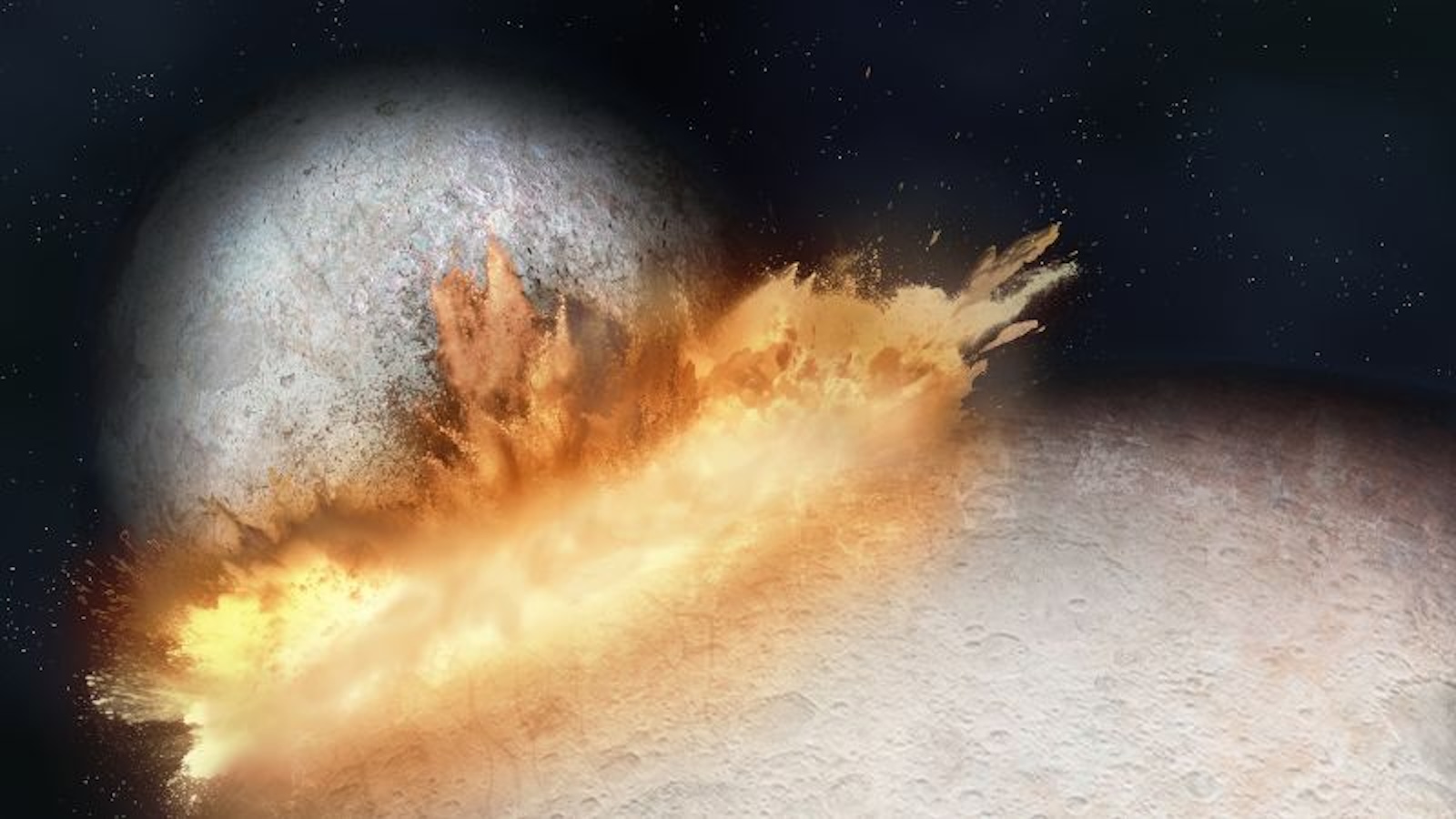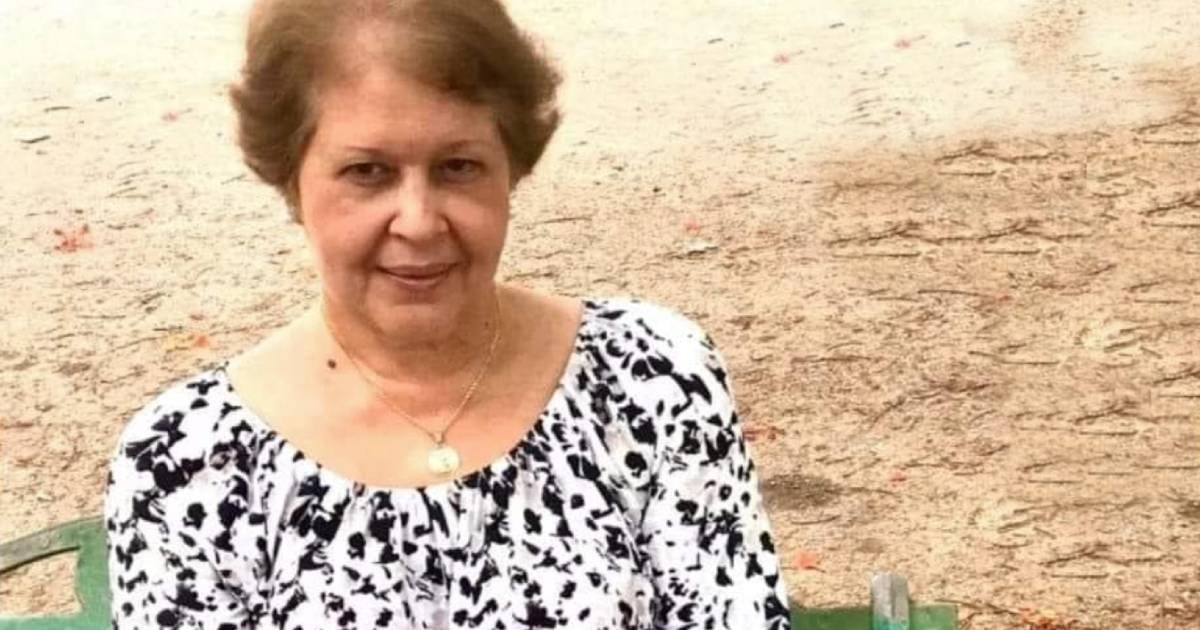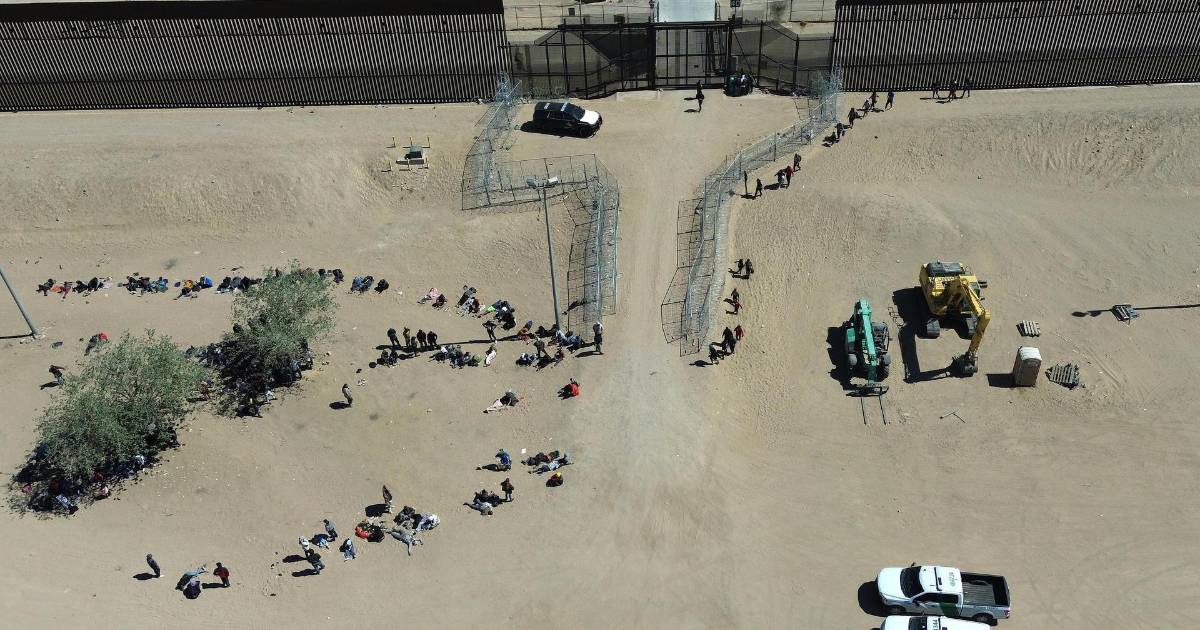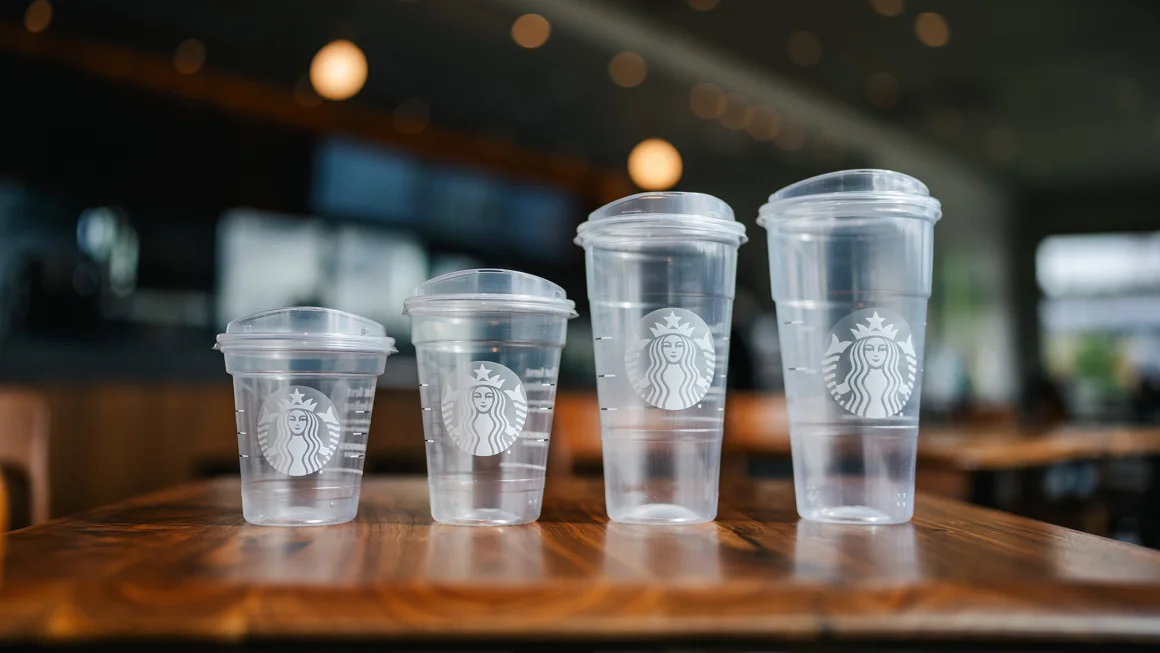United for Science is an event where students from Latin America and the Caribbean speak with five Nobel Laureates about how science and scientists can make a positive impact in the most effective way on society.
Eighty undergraduate and graduate students from 24 countries in the region will address these and other issues with five winners, on a digitally formatted program that will be broadcast on the Nobel Prize Dialogue on the 16th day.
Nobel Laureates in Medicine Elizabeth Blackburn (2009) and May-Britt Moser (2014); Entrants will be in Chemistry Emmanuelle Charpentier (2020), winners in Chemistry Bernard Feringa (2016) and Physics Saul Perlmutter (2011).
A statement said Latin America and the Caribbean faced challenges such as climate change, inequality, political instability and the impact of COVID-19.
The memo adds that bringing together young people and Nobel Laureates “aims to inspire” the next generation of scientists to work together in using science to meet “the great challenges ahead.”
Students will be able to address arguments such as the responsibilities of scholars, the power of collaboration, strategies for building bridges with policy makers and society in general, and the broad social implications of these issues.
The event is organized by the Nobel Prize for Outreach, the Brazilian Academy of Sciences and the Inter-American Network of Academies of Sciences.
“Our goal is to inspire the next generation of scientists to work together, with each other and with the rest of society, to use science to address the great challenges that lie ahead,” said Nobel Prize Outreach Executive Director Laura Spreichman.
The event presents a “fantastic and unique” opportunity for students and young scientists to learn more about the work and lives of some of the Nobel laureates and encourage them to follow the path of research, according to Luiz Davidovich, president of the Brazilian Academy of Sciences.
Latin America and the Caribbean face “enormous challenges that, to overcome, require knowledge and a commitment to truth, at a time when anti-science values exist,” said Helena Nader, co-chair of Inter-American Network of Academies of Sciences.
Nader said that building solutions to many current and other problems that will arise “will come from young people,” who, through this dialogue between young people and Nobel laureates, hope to “inspire and motivate the formation of a new generation of young people.” Scientists who will play a key role in helping build a better future for the region. EFE

“Social media evangelist. Student. Reader. Troublemaker. Typical introvert.”







More Stories
Valdepeñas' Plaza de España is hosting the CSIC science fair this weekend
New medicine for the genius man
Augusto Pirtel will give a Master's presentation at the Faculty of Economic Sciences at UNMSM